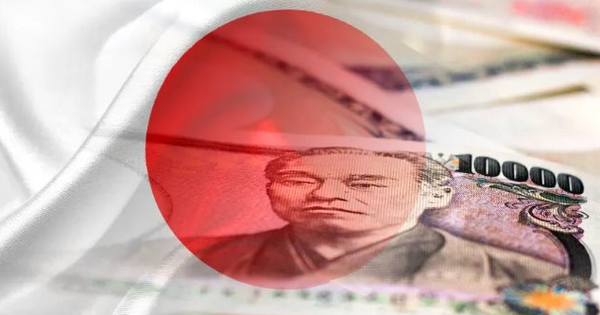Japan Officially Raises Interest Rates After 17 Years, Ending Negative Interest Rates Worldwide
In a historic move, the Bank of Japan (BOJ) has officially raised interest rates after 17 years, putting an end to the era of negative interest rates worldwide. This decision marks a significant turning point for the Japanese economy and the global financial landscape.
A Positive Sign for Japan’s Economy
After witnessing positive signs of significant wage growth among businesses this year, the BOJ has decided to raise short-term interest rates from -0.1% to approximately 0% – 0.1%. The introduction of negative interest rates was implemented by Japan in 2016 as an unconventional monetary policy tool to stimulate economic growth. However, with the current economic progress, the BOJ has found it prudent to adjust the interest rates to align with the country’s improving economic situation.
Abolishing Yield Curve Control
In addition to the interest rate hike, the BOJ has also announced the abolishment of yield curve control for 10-year Japanese government bonds, a policy that aimed to manage long-term interest rates. This decision highlights the BOJ’s confidence in the stability and resilience of Japan’s economy, as they no longer see the need for extensive intervention in the bond market.
This move by the BOJ is expected to have a profound impact on global financial markets, as it signifies a departure from the unprecedented era of negative interest rates. The adjustment further underscores the importance of monitoring global economic trends and adapting monetary policies accordingly.
Stay tuned for more updates on this groundbreaking development that marks a significant shift in the world of finance and economics.

